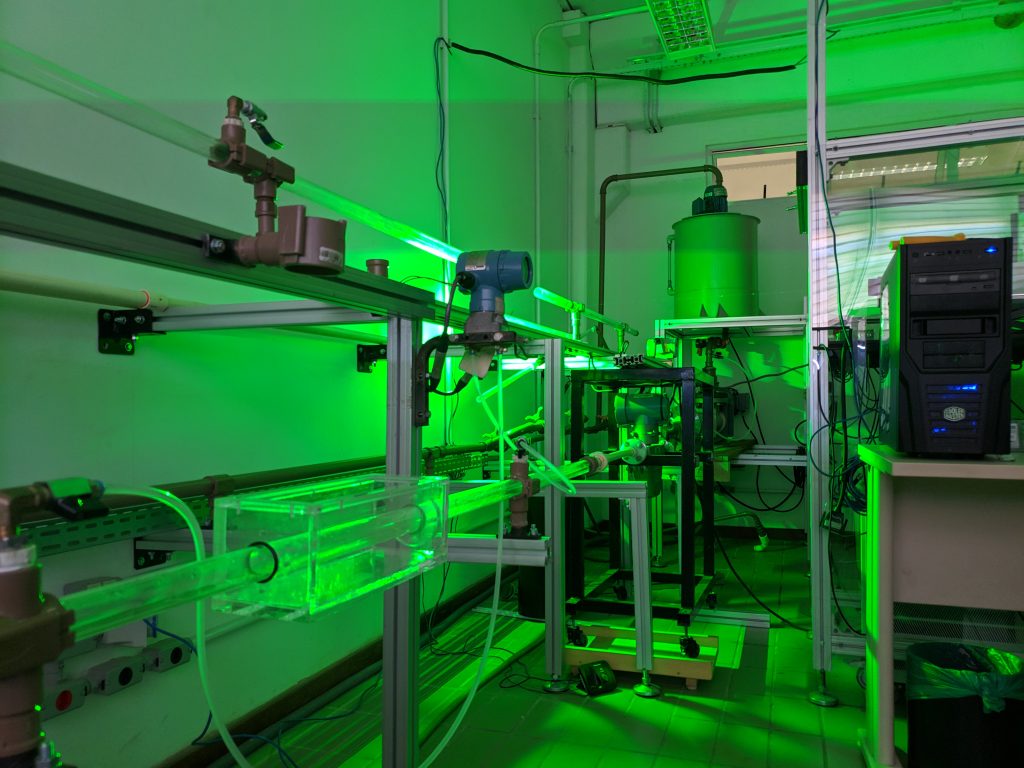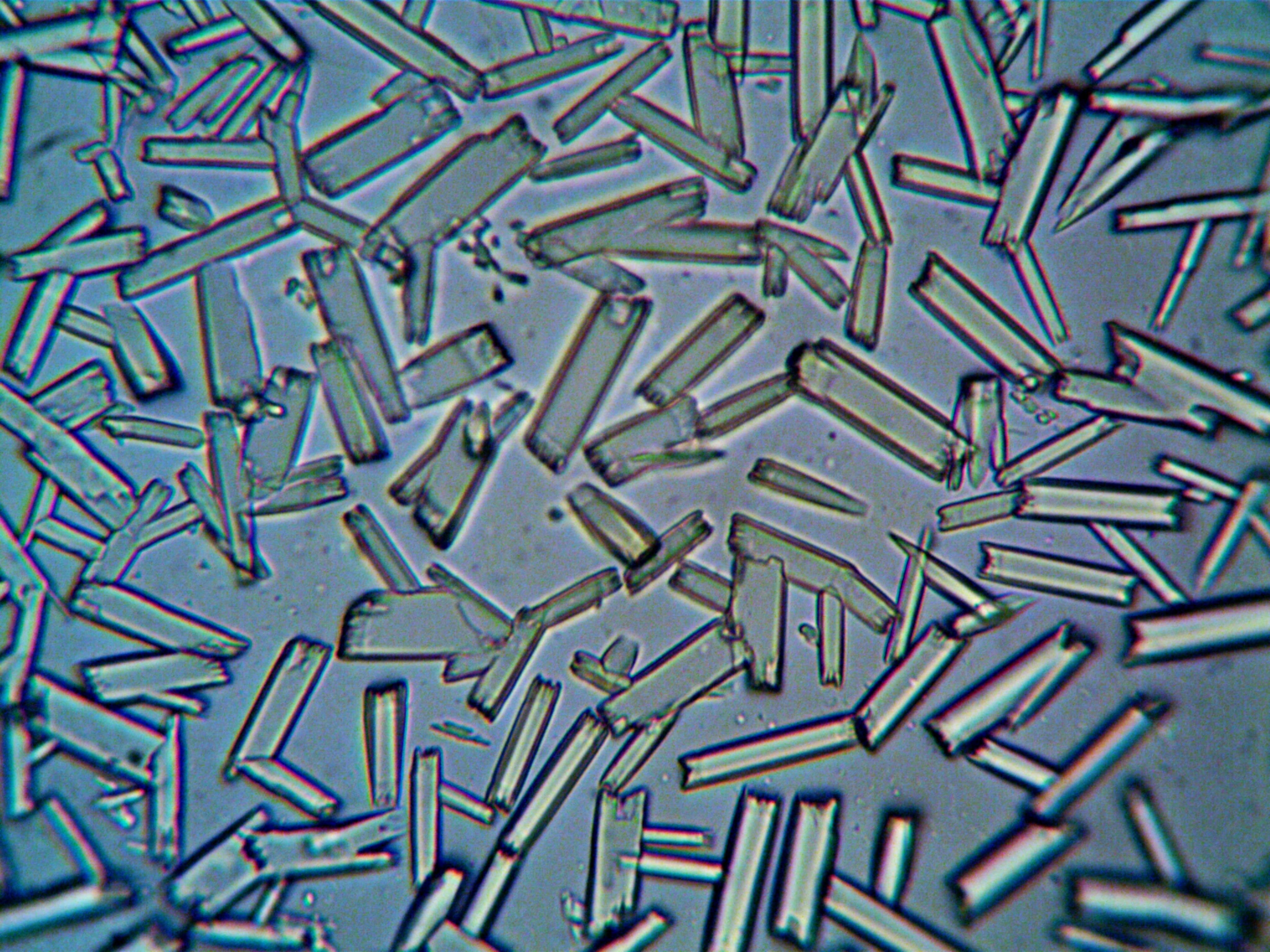Current research areas
At the Soft Matter Research Center (SOFMAT), we are dedicated to advancing scientific understanding and developing innovative solutions in the field of soft materials. The list below is an overview of the research areas currently in development.

Well Hydraulics
Research in well hydraulics focuses on critical aspects of drilling, completion, and abandonment operations. This includes the selection of drill bits, optimization of drilling fluids, and pressure control during drilling activities. In the completion phase, studies support equipment installation for efficient and safe production. Research also addresses abandonment procedures, including alternative materials for well plugging. A significant area of focus is the rheology of drilling fluids, especially under high-pressure, high-temperature (HPHT) conditions, aiming to improve performance and reliability in challenging drilling environments.

Flow Assurance
Research in flow assurance addresses key challenges related to the safe and efficient transport of multiphase fluids in oil and gas production. This includes designing artificial lift systems, such as pumping and gas-lift technologies, and flow engineering in wells and pipelines to ensure continuous and stable production. An important area of investigation involves the rheology of gelled fluids and the development of experimental setups for visualizing the startup flow of non-Newtonian thixotropic fluids.

Energy Transition
Research on energy transition focuses on developing technologies that support a more sustainable and low-carbon energy future. Key areas include carbon capture, utilization, and storage (CCUS), aimed at reducing greenhouse gas emissions from industrial processes. Studies also explore green hydrogen production as a clean energy carrier and advanced energy storage solutions, including using phase change materials (PCMs) to enhance thermal energy storage efficiency and support the integration of intermittent renewable energy sources.

Innovative Soft Materials
Research on innovative soft materials focuses on designing and applying advanced fluid systems to enhance performance and sustainability across various industries. Key areas include polymer encapsulation techniques for active compounds, enabling controlled release and improved stability. Colloidal graphene is studied for its exceptional electrical, thermal, and mechanical properties in fluid dispersions. Integrating nanoparticles into fluids enhances functional properties such as heat transfer, catalytic activity, and targeted delivery. Biodegradable fluids are investigated to reduce environmental impact while maintaining industrial performance. Additionally, suspensions and emulsions are engineered to meet specific industrial requirements, providing tailored viscosity, stability, and functional behavior for applications in O&G, pharmaceuticals, cosmetics, food, and chemical processing.

Fluid Characterization
Research on fluid characterization focuses on advanced characterization techniques to evaluate materials' physical, chemical, and environmental behavior. Key areas include rheology, analyzing microstructure, and flow properties to understand material deformation and performance under stress. Calorimetry and thermal stability assessments provide insights into material behavior under temperature variations, which are critical for durability and safety. Environmental impact is addressed through studies on degradability and toxicity, ensuring materials meet sustainability standards. Particle size distribution, filtration, and permeability tests evaluate porous materials' flow and separation efficiency. Sedimentation, emulsion stability, and phase separation tests are performed to understand material interactions and stability in multiphase systems.
